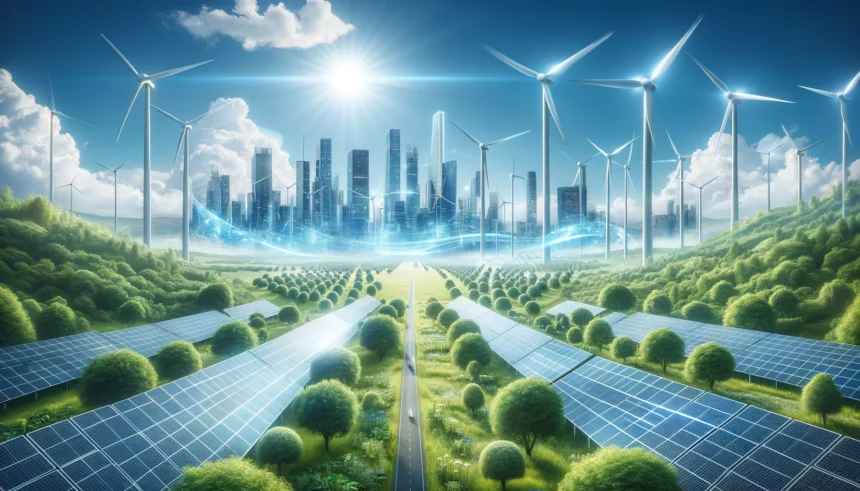Introduction
A recent report by the energy think tank Ember has highlighted a significant milestone in global energy trends: more than 30% of the world’s electricity is now generated by renewable sources. This achievement is particularly notable in the European Union, which surpasses the global average substantially.
Key Findings from the Ember Report
- Global Impact: In 2023, renewable sources like wind and solar played a pivotal role in reaching over 30% of global electricity generation.
- EU’s Leadership: The European Union is leading with 44% of its electricity derived from renewables, primarily due to rapid expansion in solar and wind energy.
- Solar Surge: Solar energy has emerged as a top performer, doubling its energy output compared to coal and maintaining its lead as the fastest-growing energy source for the nineteenth consecutive year.
Why is the EU Outperforming?
The EU’s proactive measures, such as the European Green Deal and REPowerEU, have significantly contributed to its leading position. Early adoption and aggressive policy frameworks have set the stage for a faster transition away from fossil fuels. The geopolitical landscape, intensified by the Ukraine crisis, has further accelerated the EU’s shift to renewable energy.
Global Perspective on Fossil Fuels
Despite a setback in hydropower due to droughts in China and other regions, the report optimistically predicts a continued decline in fossil fuel usage. Notably, coal usage saw an unexpected rise due to these hydropower shortfalls, yet the overarching trend points towards a steady decrease in fossil fuel dependence.
The Road Ahead
The report underscores a crucial pivot in 2023, marking what could be the peak of emissions in the power sector. With renewable energy expected to grow further, the focus remains on sustaining this momentum through strategic policies and investments.
Conclusion
The significant rise in renewable energy usage marks a transformative era in global electricity production. With the EU setting a robust example, the stage is set for a widespread adoption of cleaner energy sources. The decline in fossil fuel power, once seen as the backbone of industrial economies, is now viewed as inevitable, paving the way for a sustainable and greener future.
















